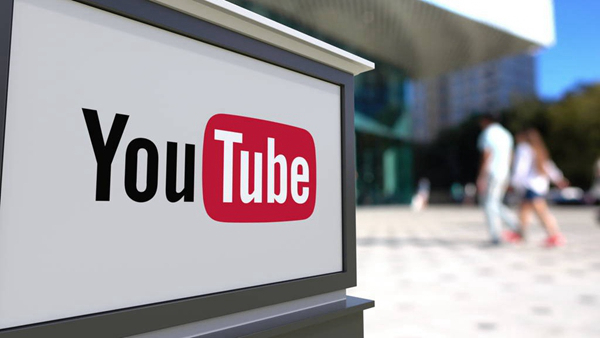YouTube Plans to Develop New AI Tool: Allowing Users to Mimic Famous Musicians' Voices
-
According to Bloomberg, video streaming giant YouTube is currently developing an AI-powered tool that allows users to mimic the voices of famous musicians when recording audio.

The report states that YouTube has approached music companies to obtain song copyrights for training its new AI tool. Although no major record labels have signed agreements yet, discussions between the parties are currently ongoing, according to Bloomberg's sources.
Last month, YouTube released several new AI tools designed for creators, including AI-generated photo and video backgrounds and video topic suggestions. According to Bloomberg, YouTube had hoped to include its new audio cloning tool in these releases but failed to secure the necessary copyrights in time.
It remains unclear whether the discussions surrounding YouTube's AI voice cloning tool will help alleviate potential copyright issues raised by record labels amid the rise of AI-generated tracks. Earlier this year, an AI-generated "Drake" song went viral online, drawing widespread attention. While some musicians like Grimes have embraced AI-generated music, many others, including Sting, John Legend, and Selena Gomez, have called for regulations to protect their voices from unauthorized replication.
AI-generated music (like other generative AI variants) currently exists in a legal gray area, as it is difficult to determine ownership of songs that mimic an artist's unique voice, even if they do not directly include protected lyrics or audio recordings. It is unclear whether training AI voice cloning tools on record companies' music catalogs constitutes copyright infringement, but this has not dampened interest in developing AI-generated music features: Meta, Google, and Stability AI have all released tools for creating AI-generated music this year.
YouTube has declared itself a partner in helping the music industry leverage generative AI technology, a move reportedly welcomed by music companies, according to Bloomberg. As the tech giant behind Google and YouTube, Alphabet has been aggressively advancing its generative AI capabilities over the past year. It remains unclear whether it can legally provide YouTube creators with AI voice replication tools without triggering numerous copyright lawsuits.
Recently, YouTube also announced new AI tools to help advertisers engage audiences, enabling brands to target specific cultural moments.
